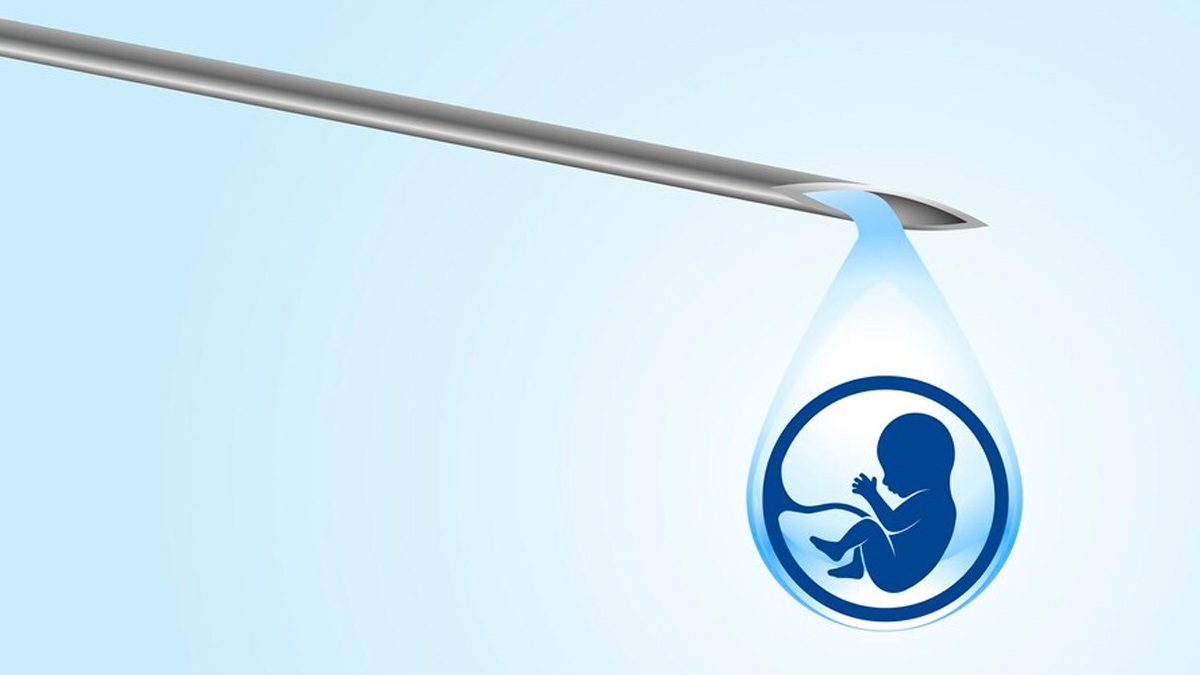
A groundbreaking study presented at the ESHRE 40th Annual Meeting in Amsterdam has unveiled a concerning link between air pollution and In Vitro Fertilisation (IVF) success rates. Researchers found that exposure to fine Particulate Matter (PM) in the period leading up to egg retrieval can dramatically decrease the chances of a successful live birth.
Table of Content:-
The study, published in the journal ‘Human Reproduction’, conducted over eight years in Perth, Australia, analysed data from 3,659 frozen embryo transfers involving 1,836 patients. The focus was on PM10 exposure within two weeks before egg collection. The results were stark: women exposed to the highest particulate matter had a 38% lower chance of achieving a live birth through IVF compared to those with the lowest exposure.
Furthermore, increased PM2.5 exposure over three months before egg retrieval also correlated with lower live birth rates. Notably, these findings persisted even though Perth generally boasts excellent air quality.
To understand this link and how this risk translates to India, the Onlymyhealth team spoke to Ashwin Bhadri, Founder and CEO, Equinox Labs.
Air Pollution And IVF Success
This link is concerning for a country like India. As per research by Equinox Labs, major cities like Delhi, Lucknow, Kanpur, and Varanasi frequently record PM2.5 levels that are 200-400% above the safe limits set by the World Health Organisation (WHO). PM10 levels in these areas were found to be 150-300% higher than safe standards.
While the link of air pollution to various health issues is well-established, its impact on reproductive health has been less clear. This current study led by researchers from the King Edward Memorial Hospital for Women provides compelling evidence that air pollution is a critical factor affecting IVF outcomes.
Explaining how air pollution damages our reproductive health, Bhadri explained, “When we talk about air pollution, we're referring to harmful particles and gases in the air we breathe. These can come from various sources, such as car exhaust, industrial emissions and even household products. The tiny particles in polluted air, known as particulate matter, can enter our bodies through our lungs and potentially affect various aspects of our health, including our reproductive systems.”
Also Read: Starting Your IVF Journey? Expert Shares How To Choose An IVF Centre

But why does air pollution have such a significant effect on IVF outcomes? Bhadri highlighted several reasons found by researchers:
- Egg Quality: Air pollution may affect the quality of a woman's eggs, making them less viable for fertilisation and healthy embryo development.
- Embryo Development: The early stages of embryo growth are crucial, and exposure to pollutants could interfere with this delicate process.
- Implantation: Air pollution might affect the lining of the uterus, making it more difficult for an embryo to implant successfully.
Health Impact Of Air Pollution
Ambient air pollution is a global health crisis, contributing to millions of premature deaths annually. “50-70% of respiratory disease cases in these cities can be linked directly to air pollution. Chronic respiratory conditions such as asthma and bronchitis have seen an increase of 30-50% in the past few years,” said Bhadri.
“Air pollution is a growing concern for many of us, especially the health of our families. Another reason for lower IVF outcomes due to air pollution is that prolonged exposure to air pollution can impact a woman's overall health, which in turn can affect fertility and pregnancy outcomes,” he said.
Reflecting on the study findings, Bhadri said, “This could mean that for approximately every 10 women who might have successfully had a baby through IVF in clean air conditions, only about 6 would be successful in highly polluted areas.”
Also Read: Undergoing IVF? Expert Shares The Importance Of Protein For In Vitro Fertilisation Success

Takeaway
These findings carry significant implications for both public health and reproductive medicine and highlight the urgent need for strategies to mitigate air pollution and protect reproductive health, especially for those undergoing IVF treatment.
Bhadri concluded that for women going through IVF, the journey to parenthood is already filled with challenges and uncertainties. This could impact women differently depending on the level of toxicity in the city they reside in. The added impact of air pollution on this process is concerning.
Also watch this video
How we keep this article up to date:
We work with experts and keep a close eye on the latest in health and wellness. Whenever there is a new research or helpful information, we update our articles with accurate and useful advice.
Current Version